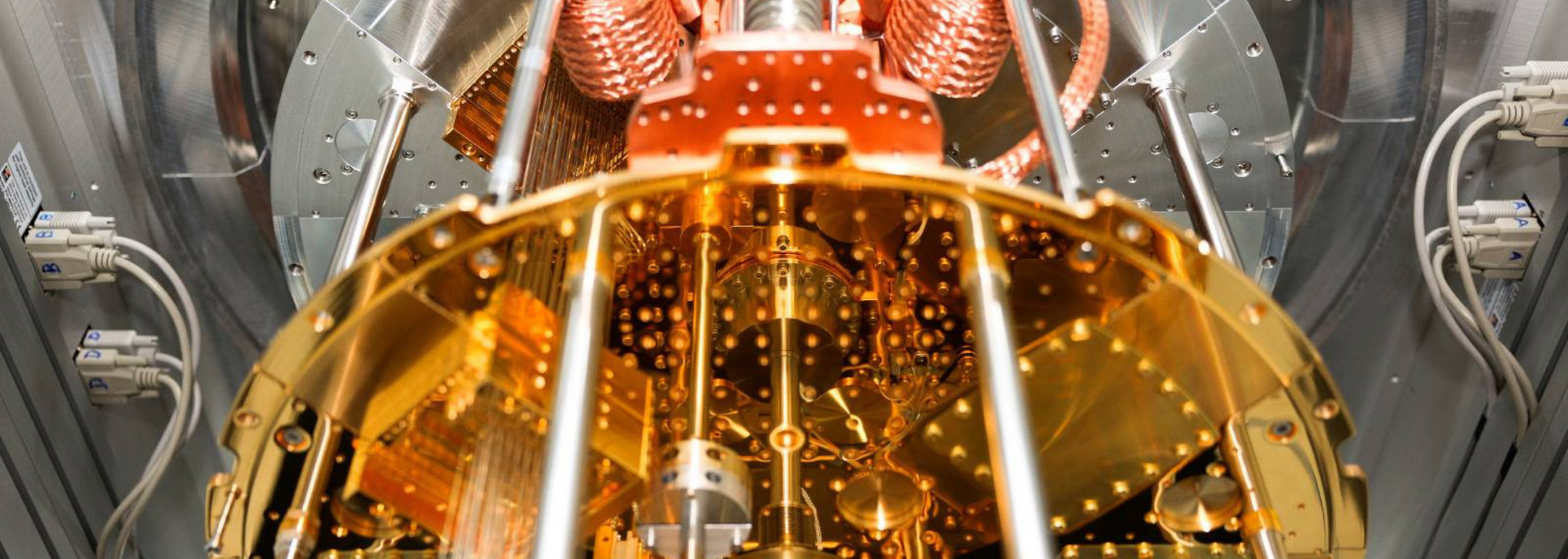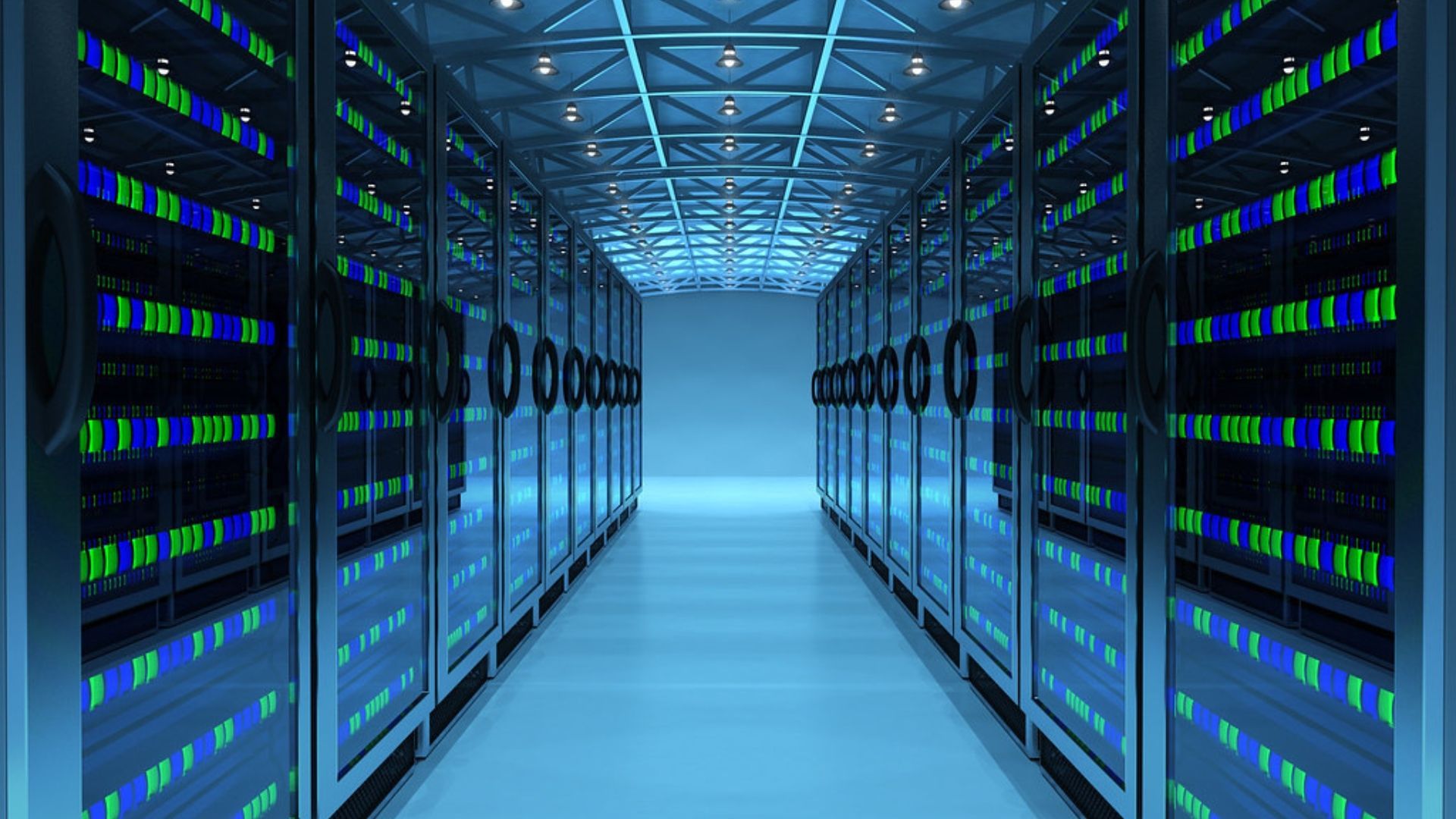4 emerging cloud technologies that could shape the next decade
What will the cloud look like in 10 years? Learn about 4 emerging trends that could change the way we live.

How is the cloud like a cloud? Even when it appears stationary, it's constantly moving.
Over the last few years, the cloud has become embedded into our daily lives. At work and at home, we now treat cloud computing like running water – a necessity, not a luxury.
A casual observer of the tech landscape might think the cloud has done what the cloud's gonna do. Surely the next decade will simply see more of the same, just a bit faster?
In fact, novel cloud-based technologies are emerging all the time – and they have the potential to transform online retail, scientific research, gaming, manufacturing and more.
In this article, we look at some of the most exciting and forward-thinking developments in cloud and cloud-adjacent technologies. First up: how generative AI could make the online consumer experience more personalised than ever before.
1. Truly personalised consumer experiences

The cloud has already transformed the world of retail by making eCommerce possible. It's wild to think that only a few years ago, online shopping was a novelty rather than the norm.
In another example of innovations becoming expectations, many online retailers now offer personalised guidance based on your shopping history – from the orders you placed to the carts you abandoned.
This level of personalisation is set to become more fine-tuned as AI becomes more deeply integrated into online shopping. This is borne out by
research showing that "95% of customer service executives expect AI bots to serve their customers within the next three years".
This use of AI to better understand user preferences could also positively affect targeted advertising. A common complaint is that customers get pushed towards products they've already bought or decided against buying. In a decade's time, this could potentially be as antiquated as the spinning jenny.
2. Quantum computing

Quantum computing is an extraordinary technological advance – the advent of supercomputers that make your smartphones, tablets and laptops look like school calculators.
Their immense powers of calculation depend on a seeming paradox. Your laptop runs on bits – units of computation that can either be a zero or a one. Quantum computers, by contrast, use qubits. These can be a zero and a one
at the same time.
The result? Super-fast, super-complex computations that could help accelerate scientific research.
Could quantum computing enter the cloud? The answer is "yes" – but there's a problem. When you run a calculation on a cloud-based quantum computer, you have to tell the cloud provider the problem you're trying to solve.
This goes against cloud privacy and encryption methods and is one of the key reasons why quantum computing has yet to hit the mainstream.
To overcome this problem, cloud providers are exploring quantum-safe encryption and researchers are developing so-called "blind cloud computing". If deployed at scale, the next decade could see quantum computers become as familiar to us as smartphones.
3. Cloud gaming

Where is the Netflix of gaming? Surely, you might say, a tech landscape that can offer movies and shows on demand can do the same for games.
The answer is yes – but until recently, the world of cloud gaming has been littered with shuttered services, limited libraries and glitchy performance.
These false starts have left gamers wanting more. Their patience could, however, be rewarded in the coming years as NVIDIA, Xbox Cloud Gaming, and PlayStation Now all work to enhance gameplay quality and lower latency.
In 10 years' time, will you be sat on the bus next to someone playing
Call of Duty?
With advances in cloud computing, it's never been more likely.
4. The Internet of Things in manufacturing
The internet is one thing – but how about the Internet of Things? This is an umbrella term that refers to networks of sensors and connected devices that collect data in real time.
Sound futuristic? If you've got a smart meter, you're participating in the Internet of Things.
But it's not just smart homes that are embracing connective devices. The Internet of Things is also making waves in the manufacturing sector.
In factories, it's used more and more for predictive maintenance, supply chain management and digital twins, among other things.
Take the issue of maintenance. No matter how up-to-date your equipment is, things break and need repairing. This costs money in a couple of ways: first, the money spent on repairs, and secondly, the money lost during downtime.
But what if devices could monitor equipment in real time and predict when maintenance is needed? The Internet of Things is making this possible. Soon, it will be easier than ever for manufacturers to plan for disruption.
Then there's supply chain management. No one in the business world would deny that the last few years have been a logistical nightmare, with supply chain disruptions becoming an all-year-round phenomenon.
As with predictive maintenance, the Internet of Things would enable devices to collect and analyse real-time information – in this case, about the status, location and condition of items in the supply chain. This enables businesses to make data-driven decisions and to stay one step ahead of any disruptions on the horizon.
Finally, manufacturers are increasingly looking to digital twins to streamline operations. These are virtual copies of pieces of equipment and spare parts that engineers and managers can use to test solutions, discover bugs and generally improve operational efficiency.
Conclusion
The business benefits of cloud computing have been clear for some years now – so it's exciting to think that when it comes to cloud technologies, we've only just begun.
Predicting the future is never easy. But we're willing to bet that within a decade, these four emerging cloud solutions will be changing the way that shoppers shop, computers compute, gamers game and manufacturers manufacture. We'll keep you posted.
Ascend Cloud Solutions is a team of VMware experts based in Cork, Ireland. For more news and insights, follow our
cloud computing blog.











